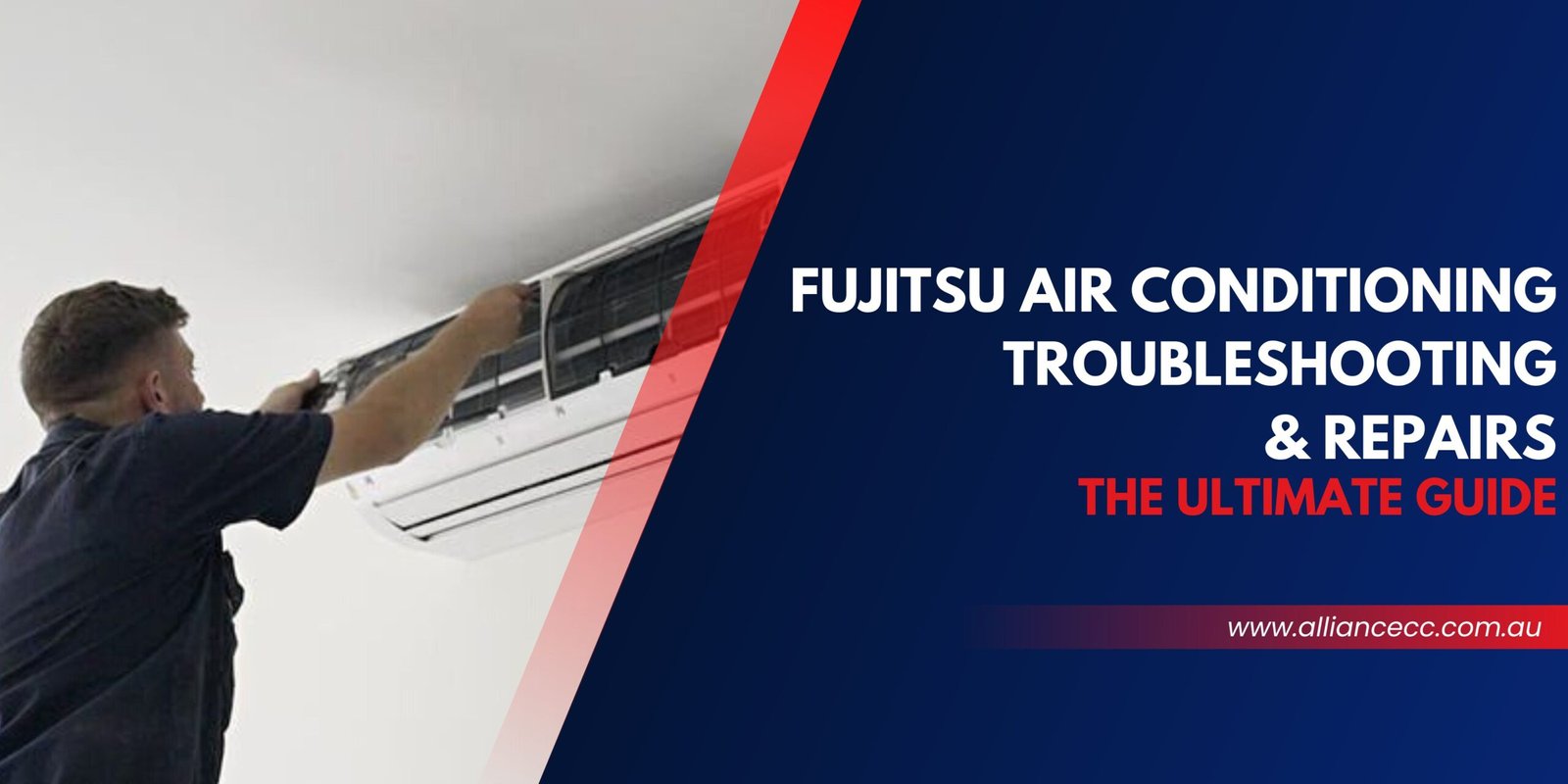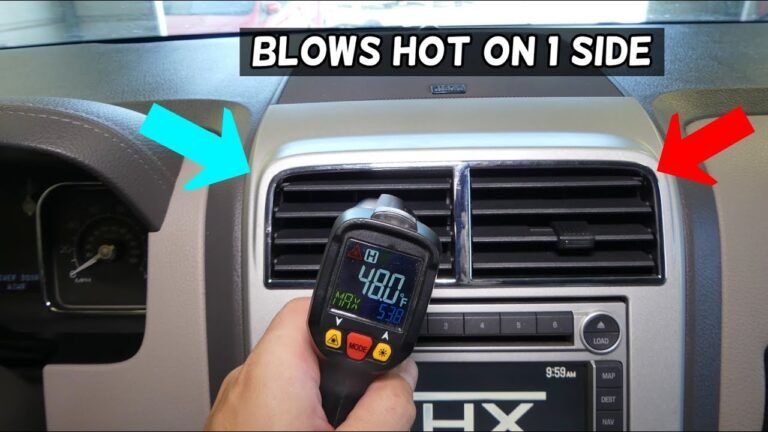How Long Do AC Filters Last : The Ultimate Guide
AC filters typically last anywhere from 1 to 3 months, but the lifespan can vary depending on factors such as the type of filter and the level of air pollution in the location. It’s important to regularly check the filter and replace it when it appears dirty or clogged to ensure optimal air quality and system performance.
Maintaining clean and efficient air conditioning systems is essential for creating a comfortable and healthy indoor environment. One crucial aspect of AC maintenance is regularly changing the air filters. AC filters play a vital role in trapping dust, debris, allergens, and other pollutants, preventing them from circulating in our living spaces.
However, the question that arises is, how long do AC filters last before they need to be replaced? The lifespan of AC filters can vary depending on several factors, such as the type of filter and the air quality in your location. We will explore the typical lifespan of AC filters and discuss when and how often they should be replaced to ensure optimal system performance and air quality.

Credit: www.amazon.com
Importance Of Ac Filter Maintenance
The condition of your AC filters plays a crucial role in maintaining the air quality in your home or office. Clean and properly functioning AC filters help to trap and remove dust, allergens, and other airborne particles, improving the overall indoor air quality for better respiratory health.
However, neglecting AC filter maintenance can have severe consequences. Dirty filters can impede the efficiency of your HVAC system, reducing airflow and causing it to work harder, leading to increased energy consumption and higher utility bills.
Moreover, dirty filters can allow pollutants to recirculate back into the air, potentially causing health issues such as allergies, asthma attacks, and respiratory infections. It is important to replace your AC filters regularly to ensure optimal air quality and system efficiency.
Factors Affecting Ac Filter Lifespan
| Factors Affecting AC Filter Lifespan | |
| Types of AC filters and their average lifespan |
– Pleated air filters typically last around 3 months before needing replacement. – MERV pleated AC filters have an average lifespan of 6 to 12 months. – Nested glass AC filters can last up to 12 months or longer with proper maintenance. – HEPA (High-Efficiency Particulate Air) filters have a lifespan of 6 to 12 months. |
| Environmental factors that accelerate filter wear and tear |
– High levels of dust and debris in the environment can clog filters faster, reducing their lifespan. – Pollen, pet dander, and other allergens can also contribute to filter deterioration. – Humidity and moisture can promote mold and mildew growth, causing filters to degrade more quickly. |
| Usage patterns and frequency of filter replacement |
– Homes with pets or smokers may require more frequent filter replacements due to increased air pollutants. – Increased usage of the air conditioning system, especially during peak summer months, can lead to more frequent filter changes. – Regularly scheduled maintenance and filter inspections can help extend the lifespan of AC filters. |
Signs That Your Ac Filter Needs Replacing
If you notice decreased airflow and reduced cooling/heating efficiency in your AC system, it may be a sign that your filter needs replacing. Dirty or damaged filters can obstruct the airflow and affect the overall performance of your HVAC system. Increased dust accumulation around HVAC vents is another indicator that your filter is no longer effective. When the filter is clogged, it fails to capture dust particles, allowing them to accumulate and circulate in your home. This can lead to poor indoor air quality and worsen allergies or asthma symptoms for those sensitive to airborne allergens. Don’t overlook these signs; regularly replacing your AC filters is crucial to maintaining optimal system performance and indoor air quality.
How Often Should You Change Your Ac Filter?
When it comes to **how often should you change your AC filter**, it is recommended by HVAC professionals to replace filters every 30-90 days, depending on various factors. One important factor to consider is the air quality in your area. If you live in a dusty environment or have pets, you may need to change your filter more frequently. Another factor is the type of filter you are using. High-quality filters tend to last longer than standard filters.
To establish a filter replacement schedule that suits your needs, you can follow these tips:
- Check your filter regularly to assess its condition. If it appears dirty or clogged, it’s time for a replacement.
- Set reminders or mark your calendar to ensure you don’t forget to change the filter on time.
- Consider factors such as allergies, respiratory conditions, and the number of occupants in your home when determining the frequency of filter changes.
- Follow the manufacturer’s recommendations for your specific AC unit and filter type.
Regularly changing your AC filter helps to maintain optimal airflow, improve indoor air quality, and prolong the lifespan of your HVAC system. By staying proactive with filter replacements, you can ensure efficient cooling and heating throughout the year.
Consequences Of Neglecting Ac Filter Maintenance
When it comes to AC filter maintenance, neglecting this crucial task can have several consequences. One major consequence is a reduced system efficiency and increased energy consumption. Dirty or clogged filters restrict airflow, forcing the system to work harder and consume more energy to maintain the desired temperature. This not only affects the system’s overall performance but also leads to higher utility bills.
Another consequence of neglecting AC filter maintenance is a higher risk of mechanical failures and costly repairs. When filters are not regularly cleaned or replaced, dust and debris accumulate, causing unnecessary strain on the system’s components. This can lead to malfunctions, breakdowns, and potentially expensive repairs.
Furthermore, neglecting AC filter maintenance can have a negative impact on indoor air quality and pose potential health hazards. Dirty filters are unable to effectively capture allergens, pollutants, and microscopic particles, allowing them to circulate in the air. This can worsen allergies, asthma symptoms, and respiratory issues for occupants of the space.
In conclusion, regular AC filter maintenance is essential to ensure system efficiency, reduce energy consumption, prevent mechanical failures, and maintain good indoor air quality. It is recommended to check and change filters according to manufacturer guidelines to keep the system running optimally and promote a healthy living environment.
How To Properly Maintain And Clean Ac Filters
Properly maintaining and cleaning your AC filters is essential for the efficient functioning of your HVAC system. Follow these step-by-step guidelines to safely remove, clean, and reinstall reusable filters and ensure the best practices for maintaining disposable filters:
Step-by-step guide to safely remove, clean, and reinstall reusable filters
- Switch off the power supply to your HVAC system before starting the process.
- Carefully open the filter compartment and detach the reusable filter.
- Use a soft brush or vacuum cleaner to remove surface dirt and debris.
- Rinse the filter with water from the opposite side to remove stubborn dirt.
- Allow the filter to air dry completely before reinstalling it.
- Once dry, carefully place the filter back into the compartment and secure it properly.
Best practices for maintaining disposable filters
- Check disposable filters regularly for dirt accumulation.
- Replace disposable filters according to the recommended timeframe provided by the manufacturer.
- Keep a stock of replacement filters to ensure timely replacements.
- Dispose of used filters properly.
Common mistakes to avoid when handling AC filters
- Avoid using excessive force when removing or installing filters to prevent damage.
- Do not neglect regular cleaning or replacement of filters.
- Ensure filters are securely installed to maintain proper airflow.
- Follow manufacturer guidelines for specific filter cleaning or replacement instructions.
By following these maintenance practices and avoiding common mistakes, you can extend the lifespan of your AC filters and ensure clean and healthy air circulation in your home or office.
Choosing The Right Ac Filter For Your Needs
| AC Filter Type | Advantages | Disadvantages |
|---|---|---|
| Fiberglass | Cost-effective | Low filtration efficiency |
| Pleated | Higher filtration efficiency | Higher cost |
| HEPA | Highest filtration efficiency | Most expensive |
When choosing an AC filter, it is important to consider the air quality requirements of your space. Fiberglass filters are a cost-effective option, but they have a lower filtration efficiency compared to pleated or HEPA filters. Pleated filters offer higher filtration efficiency but come at a higher cost. On the other hand, HEPA filters provide the highest filtration efficiency but are the most expensive option.
Another factor to consider when selecting a filter is the MERV rating. MERV stands for Minimum Efficiency Reporting Value and indicates a filter’s ability to capture particles of different sizes. A higher MERV rating signifies a higher filtration efficiency. It is important to choose a filter with a MERV rating that matches your air quality requirements.
Regularly changing the AC filter is crucial to maintaining the efficiency and performance of your HVAC system. A dirty or clogged filter can reduce airflow, increase energy consumption, and lead to poor air quality. It is recommended to check the filter monthly and replace it as needed, typically every 1-2 months for standard filters. However, if you have pets, allergies, or live in a dusty area, more frequent filter changes may be necessary to ensure optimal air quality.
Frequently Asked Questions For How Long Do Ac Filters Last
How Often Do Ac Filters Need To Be Changed?
AC filters should be changed once a month for optimal performance. Failure to do so can lead to reduced airflow, higher energy bills, and poor air quality.
How Do I Know If My Ac Air Filter Needs Replacing?
Check for these signs: higher utility bills, dust on HVAC vents, increased allergy or asthma attacks. Dirty or damaged filters reduce airflow and affect system performance. To avoid issues, replace filters regularly.
What Happens If You Dont Change Ac Filter?
If you don’t change your AC filter, it can become clogged with dust and debris, leading to issues like system inefficiency, higher energy bills, poor air quality, and potentially system failure.
Should I Change My Ac Filter Every Month?
You should change your AC filter every month to maintain proper air filtration and prevent issues with your HVAC system. Dirty filters can reduce airflow, increase energy bills, and lead to inadequate air quality. Changing the filter regularly is essential for optimal performance.
Conclusion
Based on the research, it is crucial to change AC filters regularly to maintain proper air quality and HVAC system performance. Neglecting to do so can result in reduced airflow, higher utility bills, and potential system failure. While the frequency of filter changes may vary depending on the type of filter, it is generally recommended to check filters monthly and replace them when they become dirty or damaged.
By staying proactive in filter maintenance, homeowners can ensure a healthier and more efficient cooling and heating experience.





